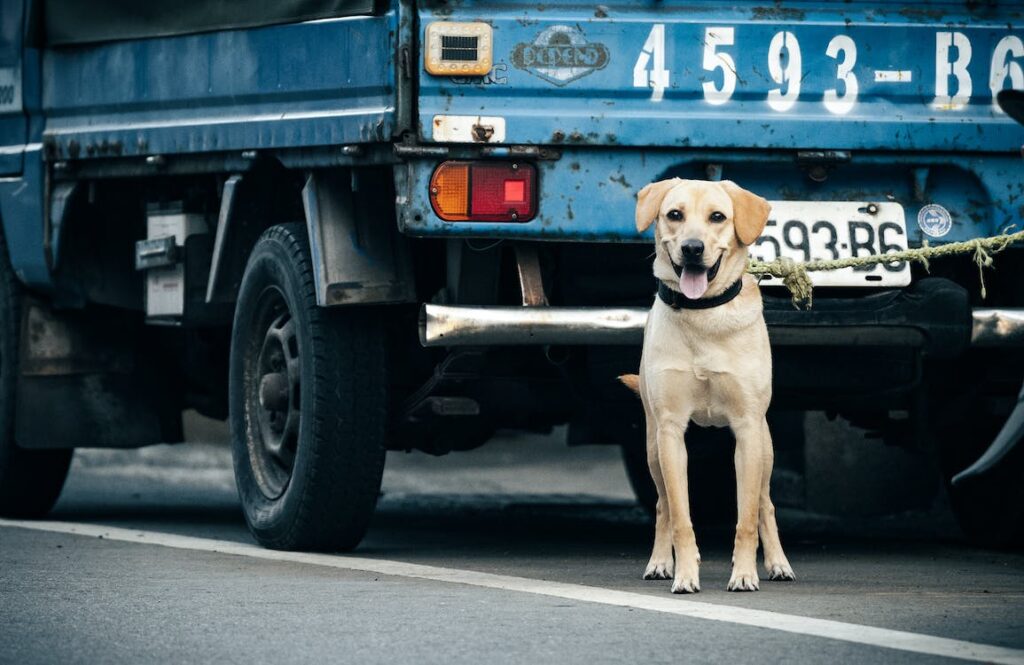- June 9, 2023
How to be a responsible dog owner

Exploring the Essentials of Responsible Dog Ownership
Being a responsible dog owner goes beyond just providing food and shelter for your furry friend. It entails understanding their needs, providing proper care, and ensuring their well-being. In this comprehensive guide, we’ll delve into the key aspects of responsible dog ownership, from nutrition and exercise to training and healthcare. Whether you’re a new dog owner or looking to enhance your existing knowledge, this article will equip you with the essential tools to be a loving and responsible companion to your canine friend.
Welcoming a dog into your life is an incredibly rewarding experience. However, it also comes with great responsibility. Dogs rely on their owners for everything, from their physical well-being to their emotional fulfillment. As a responsible dog owner, it is your duty to provide them with a safe and nurturing environment. In this article, we’ll explore the various facets of responsible dog ownership, including nutrition, exercise, grooming, training, socialization, and healthcare. By following these guidelines, you can ensure that your furry companion leads a happy, healthy, and fulfilling life.
Nutrition: Feeding Your Canine Companion
Proper nutrition is the foundation of good health for your dog. Providing a well-balanced diet is essential to support their growth, maintain their ideal weight, and prevent potential health issues. When selecting food for your canine friend, consider their age, breed, size, and any specific dietary requirements. Consult with a veterinarian to determine the appropriate type of food and portion sizes for your dog. Remember to provide fresh water at all times and avoid feeding them harmful human foods. Regular mealtimes, portion control, and occasional treats can help establish a healthy eating routine.
Exercise: Keeping Your Dog Active and Fit
Regular exercise is crucial for the physical and mental well-being of your dog. Engaging in physical activities helps to burn excess energy, maintain a healthy weight, and prevent behavioral issues. The exercise requirements vary depending on your dog’s breed, age, and overall health. A mix of daily walks, interactive play sessions, and mental stimulation is ideal. Consider their individual needs and preferences when designing an exercise routine. Always ensure a safe and secure environment during outdoor activities, and be mindful of weather conditions that may affect your dog’s comfort.
Grooming: Maintaining Your Dog’s Cleanliness and Appearance
Grooming plays a vital role in your dog’s overall well-being and appearance. Regular grooming sessions help keep their coat clean, healthy, and free from tangles or mats. The frequency and type of grooming required depend on your dog’s breed and coat type. Brushing their fur, cleaning their ears, trimming their nails, and practicing dental hygiene are essential aspects of grooming. Additionally, regular baths using dog-friendly products can help maintain their skin health. Develop a grooming routine that suits your dog’s specific needs and ensure it is a positive and stress-free experience for them.
Training and Socialization: Building a Well-Behaved Canine Citizen
Training and socialization are crucial for developing a strong bond with your dog and ensuring they are well-behaved in various situations. Basic obedience training helps establish communication and sets boundaries for your dog. Teach them commands like sit, stay, and recall using positive reinforcement techniques. Socialization involves exposing your dog to different environments, people, and animals from an early age. It helps them become comfortable and confident, reducing the likelihood of fear or aggression. Attend training classes or seek guidance from professional trainers to enhance your training efforts.
Healthcare: Prioritizing Your Dog’s Physical and Mental Health
Maintaining your dog’s health requires regular veterinary check-ups, vaccinations, and preventive care. Schedule routine visits to the veterinarian to ensure your dog’s vaccinations are up to date and to address any health concerns. Regularly administer preventive medications for fleas, ticks, and heartworm. Be vigilant about your dog’s behavior and look out for signs of illness or discomfort. Additionally, prioritize their mental well-being by providing enrichment activities and ensuring they receive ample mental stimulation. Remember, a happy and healthy dog leads to a happy and fulfilled dog owner.
Conclusion
Being a responsible dog owner is a lifelong commitment that brings immeasurable joy and fulfillment. By understanding and fulfilling your dog’s needs in terms of nutrition, exercise, grooming, training, socialization, and healthcare, you can provide them with the love and care they deserve. This comprehensive guide has equipped you with the knowledge to embark on this journey of responsible dog ownership. Embrace the role with enthusiasm, patience, and a deep sense of responsibility, and you’ll build a lasting bond with your loyal canine companion.
Tags
What do you think?
Related Articles

New Puppy Checklist: Gear You’ll Need for Your New Dog
Getting a new puppy is really exciting, but before you welcome them home, it’s important to prepare your space for them. Since puppies need a

How Big Do Mini Poodles Get? Vet Reviewed Average Weight & Growth Chart – Dogster
The information is current and up-to-date in accordance with the latest veterinarian research. Learn more » When you buy a Miniature Poodle, you might not

Can Police Dogs Smell Nicotine? Vet Verified Facts & Info – Dogster
The information is current and up-to-date in accordance with the latest veterinarian research. Learn more » While cigarette sales have been declining steadily for decades,

How Old Is 5 in Dog Years? Vet-Approved Guide to Each Size of Dog – Dogster
The information is current and up-to-date in accordance with the latest veterinarian research. Learn more » A common method for calculating a dog’s age is

